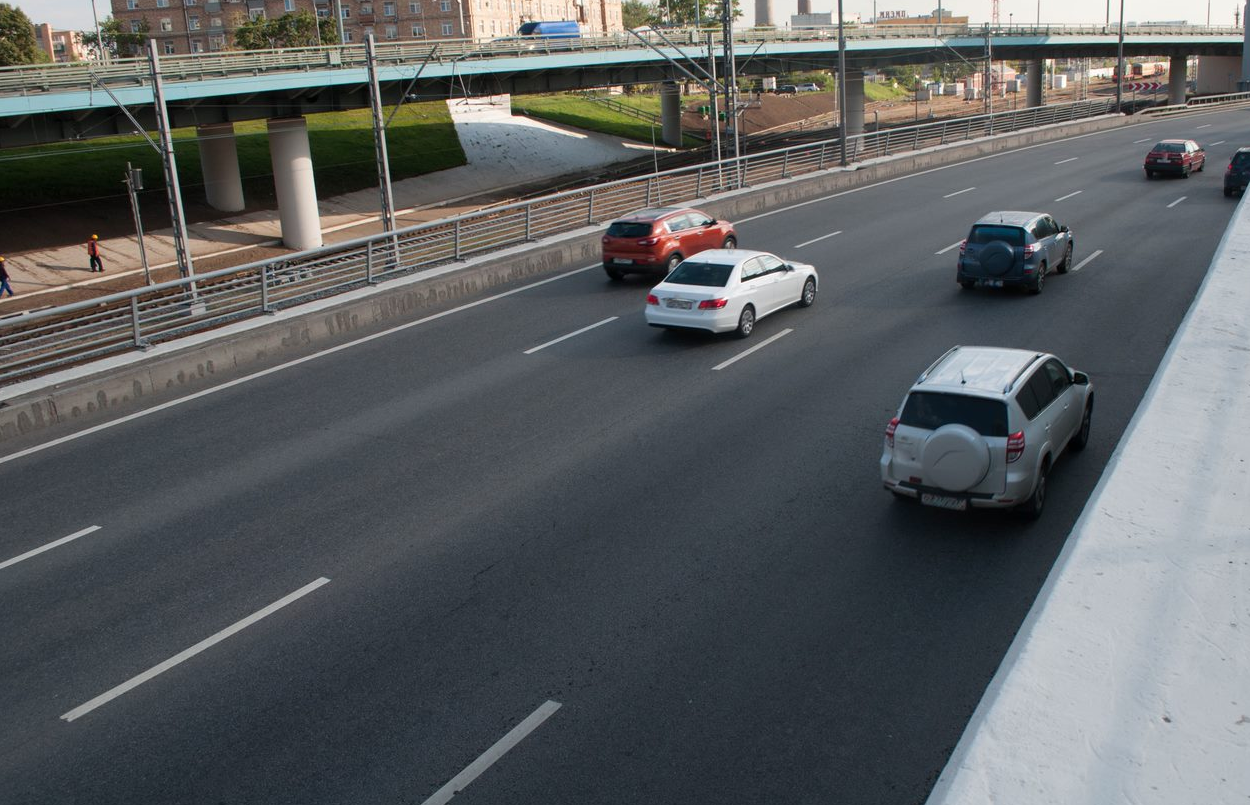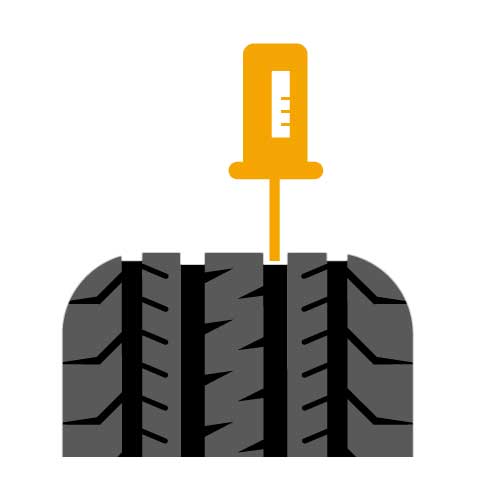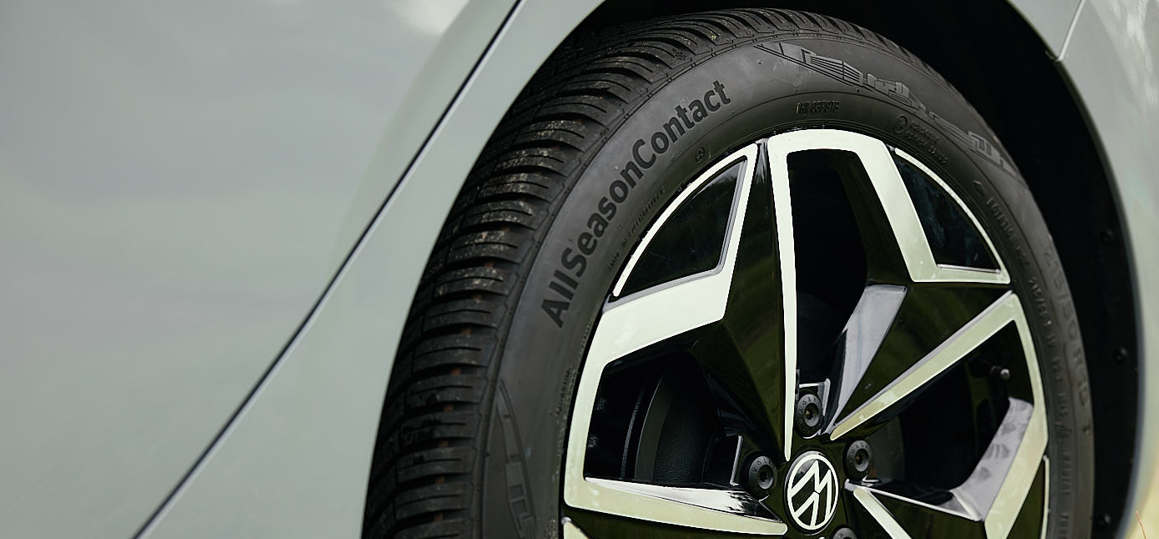
# All season tyres
All-season tyres for RVs
All-season tyres: a great fit for your RV
There’s no denying that the COVID-19 health crisis has changed the way we do a lot of things. From more home working and shopping online, to increased commuting by bike, the pandemic has created many new trends.
The situation has also changed the way some of us are choosing to holiday. As travel restrictions are constantly changing, a lot of people have turned the pandemic into an opportunity to explore their own backyards. And what better way to do this than by travelling in an RV?
Consider fitting all-season tyres to your RV
Whether you’re planning on making a trip during winter, in summer or some time in between, all-season motorhome tyres could be a great choice for your motorhome. They offer all-round safety, reliable traction in a wide range of weather conditions and superb handling and performance

When is it best to use motorhome all-season tyres?
All-season RV tyres have been developed to perform all year round in moderate climates and Continental offers the best choice in the all-season segment. All models are designed to offer impressive grip on both summer and winter roads, as well as good braking performance on dry and wet roads - even in slush. In addition, they offer superb mileage. However, it's important to remember that they are not specifically tailored to harsh winter conditions.
Consider your journey's altitude and temperature
When deciding if all-season tyres are right for you, it’s important to consider the average climate where you live and where you will be travelling to with your RV. Continental all-season tyres offer safety and premium performance for drivers motoring in mild climates.
For example, if you’re planning a trip in the mountains, you should look at the average weather conditions for the time of year. If you’re high up in the Alps during winter, there’s a strong chance you’ll be faced with a lot of snow and ice – elements that are not suitable for RV all-season tyres. However, if you visit the Alps during the summer when mild to cold temperatures predominate with perhaps a bit of snow, you can rely on RV all-season tyres.
Note: If you are planning to head to the mountains with your RV, please pay extra attention to the tyre's air pressure. If you fill your tyres to the recommended pressure at sea level but then travel to a higher altitude, the air pressure will increase in your tyres as you gain elevation and may need to be adjusted. To determine the correct inflation, always refer to your vehicle’s manufacturer handbook.

Care Tips for all-season motorhome tyres
As a motorhome owner, you will want to ensure that your RV tyres are in great condition, for safety and because it can extend their lifespan. Here are our top tips for maintaining them:
Always inspect them before any journey
This will give you the opportunity to see if there is any damage or if they need to be rotated or inflated. Pay particular attention to the sidewalls for cuts, cracks and bulges.

Check the air pressure
Just like regular car tyres, you should check the air pressure of your RV tyres at least every three weeks, even if you’re not planning on using your RV for a few months. Maintaining air pressure will help ensure a longer life span for your tyres.

Check the tread depth
When you check the tyre pressure, check the tread depth too. To do this, refer to the tread wear indicators on your tyres or use a tread depth gauge.

Ensure the motorhome’s total weight does not exceed the load index
Abiding by weight guidelines is extremely important for preserving your RV tyres and for your safety. You can see what the maximum weight is in your vehicle´s manufacturer handbook.

Ensure the RV’s weight is evenly distributed
To avoid increased wear on one or two of the tyres, make sure the weight is evenly distributed on all four of the RV tyres. If you’re not sure how to check this, have your local tyre specialist inspect your vehicle

Cover the tyres when not in use
If your RV stays parked on the driveway, street, or remains in a garage for months at a time, cover the tyres to prevent ageing through UV exposure.

Related content
-
 2022/09/07How all-season tyres workLearn the key facts about all-season tyres, and find out whether they’re right for you.Read more
2022/09/07How all-season tyres workLearn the key facts about all-season tyres, and find out whether they’re right for you.Read more -
 2022/09/07All-season tyresRead more
2022/09/07All-season tyresRead more -
 2022/09/07All-season tyresEnjoy every season with one set of tyres. You will arrive at your destination safely in mostly all driving conditions.Read more
2022/09/07All-season tyresEnjoy every season with one set of tyres. You will arrive at your destination safely in mostly all driving conditions.Read more